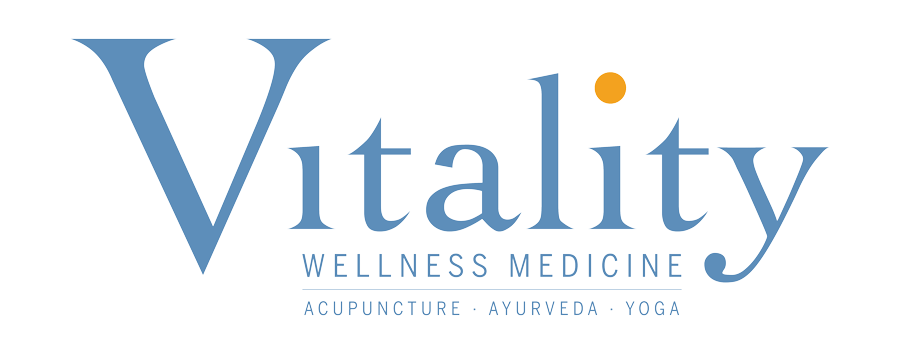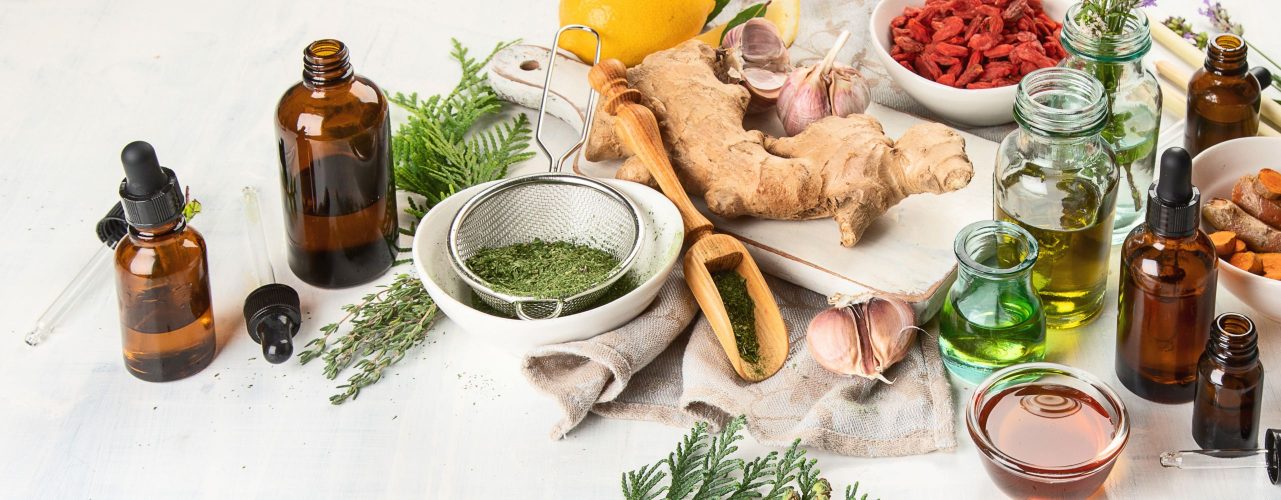Prevention of common ailments is the best medicine. Nobody likes to get sick, and while not feeling well is a bummer, it’s also costing the economy at large. Loss of productivity in the workplace due to the common cold costs about 25 billion dollars. As an herbalist and healthcare provider, I see daily that staying healthy starts with immunity boosts. We can help the immune system with “friends” that allow it to more effectively do its job.
A little biology review: our immunity is an interaction of higher organisms via resistance, or counteraction of pathogenic microorganisms. The immune response is typically a temporary inflammatory response to stimuli mounted in the body. The adaptive immunity in the body is by white blood cells, lymphocytes, and either B cells or T cells. Immunity is boosted by balanced sleep and exercise, stress reduction, and eating antioxidant-rich foods, such as fruits and vegetables; while decreasing sugars, dairy, and alcohol.
Physical barriers, such as hand-washing and the Ayurvedic practice of nasaya, or nasal-oiling, aid in prevention. To nasaya, place one to three drops of an organic oil, for instance coconut or sesame, into each nostril while leaning the head back, then take a gentle inhale. This practice lubricates the nasal mucosa and protects the sinus cavity from pathogens. It’s wonderful to do in any dry environment (i.e. airplanes, deserts, high altitudes, etc.) and during colder seasons.
There are also ways to internally support immunity. One of my specialties is providing herbal medicines to patients. Personally, I don’t leave home without some (often many) forms of herbal or vitamin support, especially when traveling to places where access to medicine may be limited or variant quality. When the diagnosis or condition gets complicated, it’s a good idea to consult with your herbalist, acupuncturist, or Ayurveda practitioner for specific supplements. However, when working with herbs to stay healthy or boost the body’s function, we can feel empowered to take health into our own hands.
Culturally, there are ways that herbal medicine is already a part of our day-to-day life. Whether you realize it or not, you most likely practice some form of herbal medicine for self-care; taking an herbal cough drop for a tickly throat or sipping on chamomile tea before bed. Recently, we have seen a rise in herbalism in dietary recommendations. For instance, turmeric is an ancient herb and strong anti-inflammatory that’s gained popularity and now commonly found in healthy foods and smoothies.
Each herb has a physiological impact on the body, and the combination of herbs often enhances their best properties. For this reason, many traditions including Ayurvedic, Tibetan, Chinese, and Western herbalism, combine herbs to maximize impact and improve function.
To make sure your immunity is equipped for cold and flu season, here are some of my “friends” – go-to herbs I call on to support health and immunity. I call them “friends” because each acts like a specific best friend to call upon as needed:
- Jade Windscreen (classically containing astragalus, siler, and atractylodes) is a common herbal formula to boost immunity and increase energetic boundaries. This is the friend I call on when I travel and/or am especially busy. Additionally, it aids during environmental exposure to dust and pollen, and works wonders at the first sign of a cold. I call it “sneeze one” and recommend it for those with increased exposure to pathogens, such as airline professionals, frequent flyers, teachers, and children. Specifically, this formula combines the jade windscreen with lemon balm, catnip, and elderberry, an antioxidant rich in vitamin A, vitamin C, and flavonoids.
- It’s pretty well established that vitamin C is the perfect complement to immunity. Eating vitamin C–rich foods helps promote cellular growth, the immune system, wound healing, and cartilage production. High dose and absorption are key to getting it into the body, so I recommend taking one to two packets of Lypo-Spheric C per day. It’s more absorbable and doesn’t taste like a sugary orange. (Tasting the vitamin’s bitterness tells the brain what to do upon intake.)
- Probiotics strengthen the gut flora while improving digestive function and immunity. For instance, Del-immune contains lactobacillus rhamnosus, which is shown to host defenses against respiratory viruses. There are various other strands of probiotics that are useful in promoting the gastrointestinal microbiome and therefore immune health, as the gut wall houses 70 percent of the immune system cells. Take probiotics daily during cold and flu season, especially if exposure or frequency is high – or at first signs of immunity dipping, such as “sneeze one.”
With these three simple steps, your immunity will be supported so you can stay healthy all season long. As His Holiness the Dalai Lama states
[quote]“Regard your body as a vessel,
a simple boat for going here and there.
Make it a thing that answers every wish
To bring about the benefit of beings.”[/quote]
If we keep the body healthy, we can have more time for being of service to others, which is a noble effort and reason enough.

